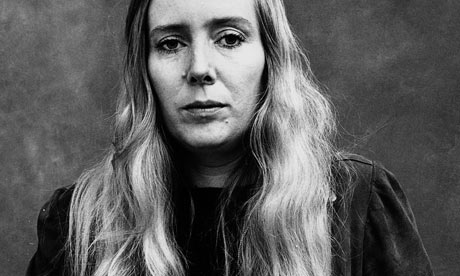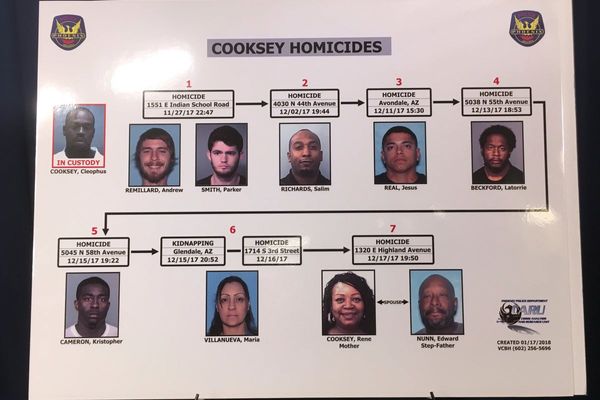
It's still a whole month-and-a-half until the credit-crunched, globally-warmed, genetically-modified noughties take their final bow, but already you can't turn around without tripping over a books-of-the-decade list. The Guardian Review will reveal its own (definitive, obviously) list of the last 10 years' best and brightest on December 5; but here on the blog we thought we'd open up the selection process. We'll be blogging a different year every couple of days over the weeks running up to Christmas, and asking you to tell us the books you'd nominate. We'll tot up all the mentions each book gets and reveal which 10 books you've chosen on New Year's Day (when, yes, I will be at my desk) – and pass on your nominations for Review's round-up of "readers' books of the decade".
So cast your mind back, if you will, to the heady days of 2000. Feels like a lifetime ago, doesn't it? The internet was barely out of its infancy; there was no Facebook, no Twitter, no such thing as an iPhone. The World Trade Centre dominated the New York skyline, people liked Tony Blair and no one had heard of Simon Cowell. But we muddled along, and looking back it seems in some ways – actually, in many ways – to have been a safer, softer, more optimistic time, the legally questionable election of George W Bush that year notwithstanding.
The book that made the biggest noise in the UK in 2000 was undoubtedly White Teeth, the debut novel from recent graduate Zadie Smith, which conjured a rich, riotous, multicultural and metropolitan world that seemed to chime precisely with our sense of the dawning millennium. Another rollercoaster read was provided by Michael Chabon's The Amazing Adventures of Kavalier and Clay (it went on to pick up a Pulitzer in 2001). In fact, it was a tremendous year for fiction on the other side of the pond. Saul Bellow published Ravelstein, his final novel (though we didn't know that then), John Updike delivered Licks of Love, a short story collection concluding with a novella that marked the final instalment of his Rabbit series, Rabbit Remembered; Philip Roth, meanwhile, produced The Human Stain – the last and possibly the greatest instalment of his American Trilogy. In non-fiction Naomi Klein unleashed No Logo, while Dave Eggers played with the conventions of life-writing with his remarkable account of his orphaned adolescence, A Heartbreaking Work of Staggering Genius. Then there was the children's fiction: Philip Pullman completed his superb Paradise Lost-inspired trilogy with The Amber Spyglass, and JK Rowling made the transition from children's author to global literary phenomenon with the fourth of her adventures about a boy-wizard, Harry Potter and the Goblet of Fire.
Marvellous as they all were, though, my book of 2000 wasn't one of them. I heard Lorna Sage's memoir, Bad Blood, reviewed on Radio 4 while I was in the middle of cleaning the bedroom, stopped what I was doing to listen, and went out to buy the book next day (instead, you will note, of heading straight for my computer and ordering it on Amazon: o tempora, o mores). Sage read her own life as if it were a novel, bringing her extensive critical faculties to bear on a family that was by turns hilarious, grotesque, baffling and gentle; making sense of them, figuring them out. For me, the book was revelatory: I fell in love with her, and bought Bad Blood for everyone I knew. So there it is: my book of 2000. What's yours?







